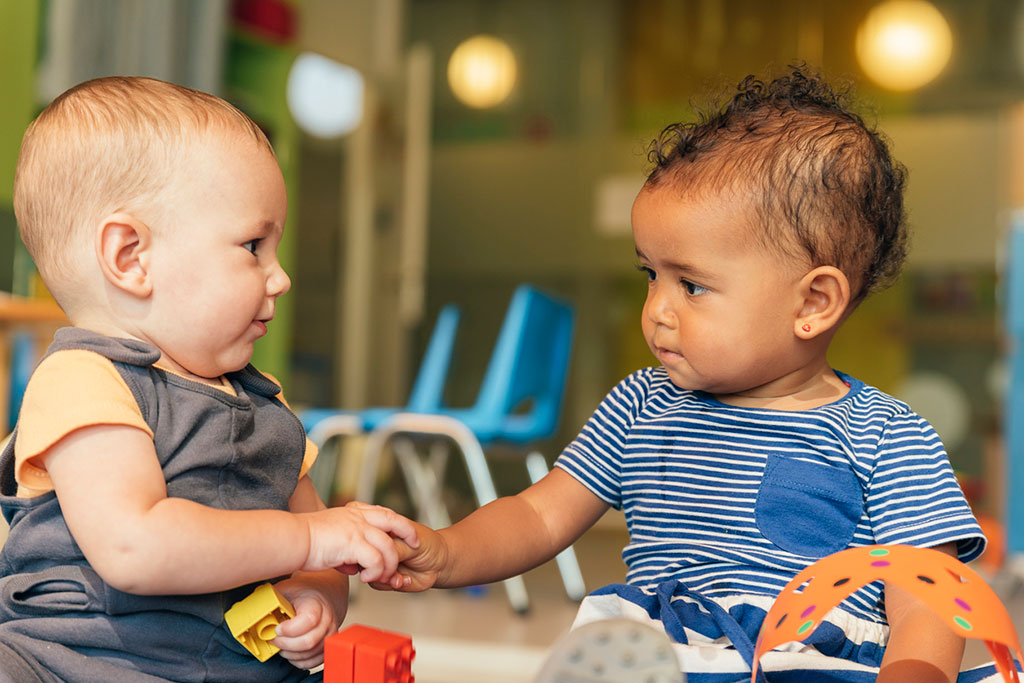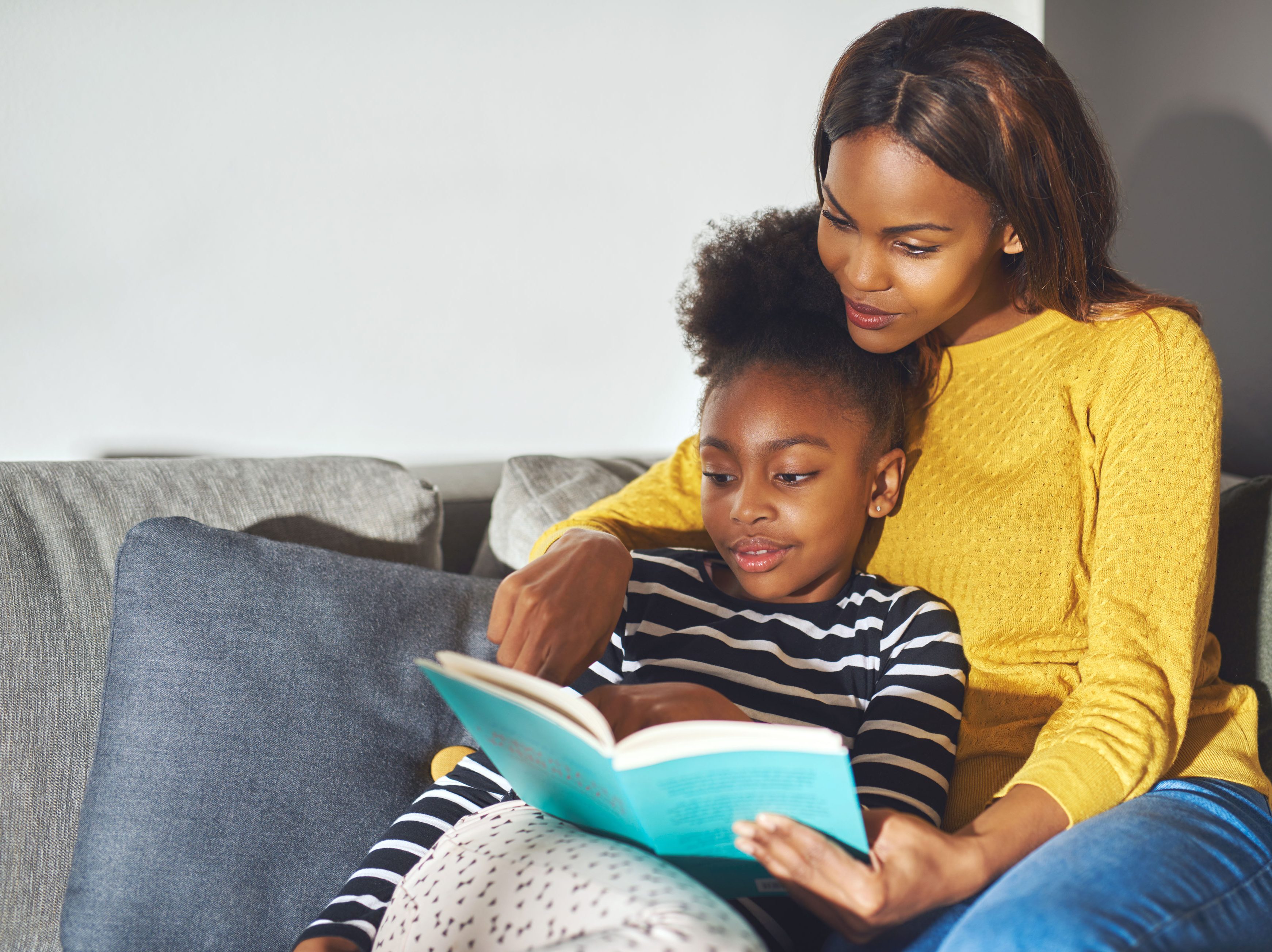Verbal Communication: Why questions (about everything!) are a GOOD thing
Children between the ages of 3 and 5 can piece together their ideas about the world, but they need the adults in their lives to help make sense of things. They also need adults to model good communication skills. From vocabulary words to silly phrases, your preschooler is rapidly picking up on different verbal cues to help them communicate with the rest of the world. Both at school and at home, they are learning all the time.
Encourage your child’s curiosity.
At this age, children will be asking many, many questions. Let them ask. Answer the best you can. It can be fun for you and your child to research answers you don’t know, and sometimes the answer to the questions is “just because.”
- Try not to get bothered or frustrated by your child’s constant questioning! Asking questions helps them to learn about the world around them. The way you respond to these questions will either encourage their curiosity or make them feel like they shouldn’t ask questions. Try to be patient and positive!
- If you don’t know an answer to a question, that’s okay! You don’t need to have all of the answers. When you don’t have an answer, suggest that both you and your child look up the answer together – so that you can both learn something new! This also shows your child the importance of looking for answers – a.k.a. problem-solving! When in doubt, “google” it!
Have a little fun!
You can encourage the development of your child’s communication skills by playing games such as “I Spy” or “Simon Says” to help them learn descriptive words and to follow directions.
Let your child tell you what they’re thinking.
Turning the tables and asking your child questions gives them the chance to share their opinions and find solutions to the problems (For example, “what do you think?”).
- Be careful not to be critical or dismissive of your child’s responses.
- Though your child might not have the answer to a complicated problem, working together to find the answer will encourage confidence.
- Don’t always swoop in to save the day. Fixing or solving a problem for your child may make it less likely that they will try to figure things out on their own in the future, so let them try first and only step in when needed.
Your little one has learned a lot of words, and the way they use those words is becoming more and more complex.
For example, together in a sentence, asking a question, and making a silly joke. Encourage their language development by having frequent conversations with them – about school, home, family, friends, anything at all!
- Be descriptive. If your child is showing you something, ask them to describe the object and its location using words such as colorful, smooth, rough, next to, near, and under.
- Introduce new words into your child’s vocabulary! It can be a word from a book, a word their teacher is using at preschool or daycare, or maybe from a “Word of the Day” calendar. Explain what the word means and use it in a sentence, making sure that your child understands when to use it.
Keep Talking! Describe your child's emotions to them. Ask your child questions about their feelings, and provide caring, gentle observations. For example:
“I know you’re having fun, but you keep yawning. You seem tired.”
“You say that you’re feeling happy, but you usually smile when you feel that way. I see you frowning – do you feel sad?”
Like it or not, you are your child’s biggest role model.
Though at times it may seem like your child doesn’t listen, they are always picking up on the words you say, and the way you communicate with others. Here are a few things to keep in mind:
- Be respectful and kind, and encourage your child to do the same.
- Manage your volume (and their volume) when talking to your child. For example, remind them, “Don’t yell at nap-time. Let’s use our inside voices.”
- Help your child learn how to ask for things directly and specifically. For example, if your child says, “Daddy, help!” and points to their jacket, encourage them to say, “Daddy, can you help me reach my jacket?”






